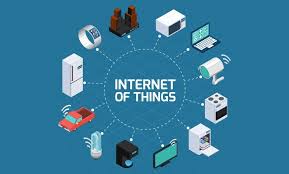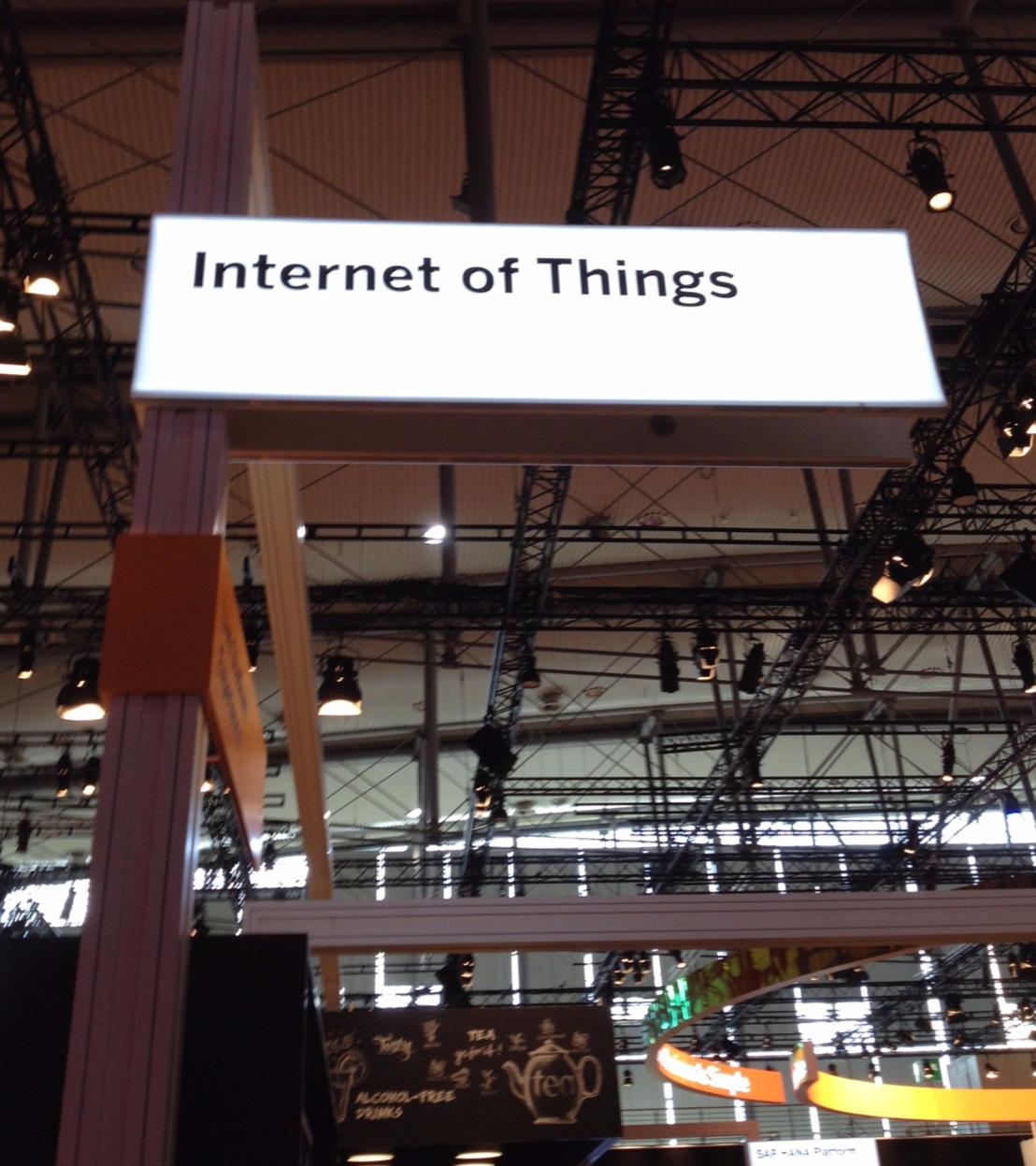Source: geospatialworld.net
All of a sudden, the technology world is all about the Internet of Things, or the IoT. It’s growing so fast and in the near future the daily needs of people will depend on the internet more and more. The tech phenomenon is not merely connecting smartphones and computers anymore. Numerous devices are now used in daily life to serve a great extent of consumers.
The Internet of Things is an ecosystem of smart devices with access to the web and are able to communicate with each other. IoT has changed online commerce as well as eCommerce development services considerably. It’s not only from the side of the consumers but from the inner ones as well. In eCommerce, processes like logistics, inventory management and so forth brings more effectiveness and streamlines processes.
How IoT transforms the future of eCommerce
The revenue of eCommerce is set to hit more than 300 billion dollars within this year. This number nonetheless will not be achieved without the Internet of Things. It has made its way into each sector and industry. The impact it has on electronic commerce however is astonishing.
It has revolutionized the online business in a lot of ways. Customer service has never been more efficient and personalized, which lead to unequalled revenue that grows continuously. It has created and continues to create digital footprint, linking customers, things, and processes.
The digital footprint provides a very personalized customer experience, builds a supply chain that’s more transparent and boost opportunities for revenue. Business organizations wanting to boost their online presence now opt for an eCommerce development company that could produce IoT-integrated solutions.
Internet of Things Impact in eCommerce
The interconnected things, including appliances and machines among others and the Internet acts as the highway that connects these things. The interest of retailers in IoT is growing because of digital connectedness. Devices that before were connected by a close circuit, now are able to communicate via an internet network.
The IoT has had such a huge effect on the eCommerce environment that this year, the investment is expected to hit $2.5 billion. Moreover, despite the pandemic that the world is facing now, by 2021, the Internet of Things impact would continue to climb.
Significant Ways that eCommerce is Benefiting from IoT
From smart homes to wearables to autonomous cars and even to smart cities, the IoT apps are everywhere. Here is how the eCommerce industry and eCommerce development services have benefited from the interconnected things.
1. Tweaked the customer experience. eCommerce organizations use big data to make personalization and informed decisions. Aside from that, they also make an analysis of data from the different forums and social media platforms since it helps understand the customer requirements. The IoT could help retailers boost the customer experience.
First, they could keep track of the customer preference for certain products, the shopping behavior and order history. It helps them escalate the customer engagement, leading to better customer service and of course higher revenue. The results achieve by IoT analysis enables retailers to supply offers as well as deliver options as per preference and timing.
2. Greater management of inventory. At times, managing inventory could be a real cause of headache for eCommerce organizations. There could be hundreds of thousands of products and categories to handle. Taking stock of all these could be overwhelming and a tedious task since even a minor error in counting could lead to high degrees of uncertainty.
IoT sensors and RFID tags could be tailored for an efficient management of inventory. Keeping tabs of the whereabouts of every time in real-time makes for a more streamlined flow. The Internet of Things enable a thorough monitoring of incoming and outgoing commodities, meaning errors and human intervention could be eliminated.
Also, there are times that products run out without anyone being aware of it. The IoT-enabled smart shelves are devices that keep mistakes of inventory out and monitor the number of items sold.
3. Clever Logistics. The field of eCommerce is not complete without the right logistics channel. A minor flaw in this channel could mean a setback. This is where IoT come to the rescue through ensuring that goods could smoothly move from place to place. The IoT tech cold play a crucial role in keeping tabs of products, from the production to the final delivery.
GPS and RFID or Radio-Frequency Identification could enable eCommerce companies to track at every instant the location of commodities. Digital data encoded into RFID smart labels or tags are captured by a reader via radio waves. Managing of logistics become much efficient since IoT makes it possible to manage the speed and route of items to be delivered effectively.
4. IoT in Web Development. Of the things that are impacted by the Internet of Things in eCommerce, web design and development are the two major areas. Designing great looking websites on screens of different sizes is essential. This means that IoT has a lot of demands of web design and UI. Thus, web design and development could be integrated with the Internet of Things.
UI is critical for eCommerce sites, thus a User Interface that’s web-based for an IoT app should be fast, intuitive and clean. eCommerce sites should be faster, to minimize response time between an IoT-enabled website and the web server that use design techniques for gradual connections.
5. Better marketing and promotion opportunities. IoT-enabled devices are far reaching. eCommerce industries are considering DaaS or Data as a Service providers. They collate valuable data customer, which could be by marketing ion various ways. The data could also help a personalized advertising, backed by the interconnected devices, leading to an improved customer trust and better sales.
To keep customers satisfied and happy, companies could use ‘smart’ self-tags, otherwise known as ‘e-tags’. These tags help when it comes offering promotions to the target audience, depending on their preferences.
Conclusion
The Internet of Things is expected to have an even more intense impact on the eCommerce filed. As more and more devices are connected and acquire smart features, there would be more data gathered and thus lead to an improved consumer experience. The effects of IoT is far-reaching.

 Starting: 1st of Every Month
Starting: 1st of Every Month  +91 8409492687 |
+91 8409492687 |  Contact@DevOpsSchool.com
Contact@DevOpsSchool.com

